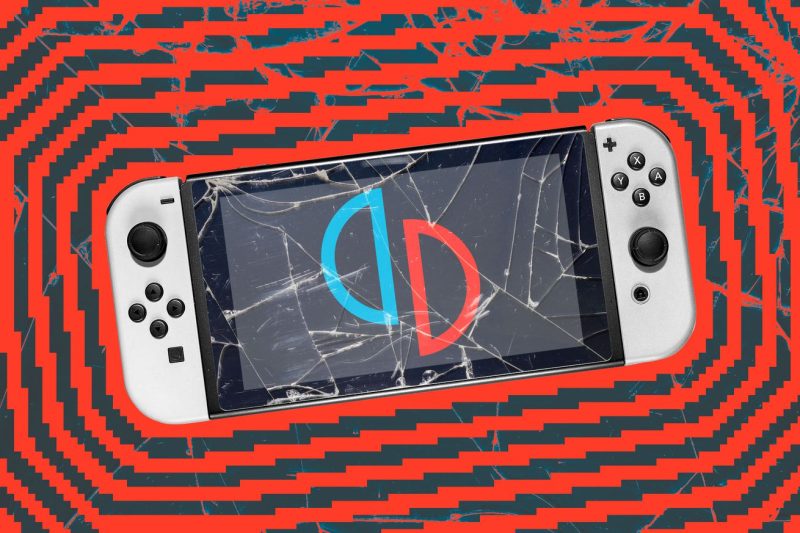In recent news, GitLab has confirmed the removal of Suyu, a fork of the popular Nintendo Switch emulator Yuzu. This action has raised discussions within the gaming community regarding the legality and ethical implications surrounding emulation software and its usage.
The emergence of Yuzu, an emulator that allows gamers to play Nintendo Switch games on platforms other than the Switch itself, sparked significant interest among gaming enthusiasts. However, the development of forks like Suyu brought additional layers of complexity to the emulation landscape.
One of the key concerns surrounding emulation forks such as Suyu is the potential infringement of intellectual property rights. Emulators like Yuzu and its derivatives operate by replicating the functionality of a proprietary system, enabling users to circumvent the need for official hardware. This raises questions about the legality of emulators and whether they violate copyright and intellectual property laws.
While emulation itself is not inherently illegal, as it can serve educational and preservation purposes, the distribution and use of emulators to play copyrighted games without permission can cross into murky legal territory. Companies like Nintendo have a vested interest in protecting their intellectual property and may take action against projects that infringe on their rights.
The removal of Suyu from GitLab highlights the challenges that developers and users face in navigating the legal and ethical considerations of emulation. While some argue that emulation preserves gaming history and provides access to older titles that may be otherwise unplayable, others contend that it undermines the rights of content creators and jeopardizes the integrity of the gaming industry.
Moving forward, it is essential for developers and users alike to tread carefully when engaging with emulation software. Respect for intellectual property rights, adherence to licensing agreements, and awareness of the legal implications of emulation are crucial aspects to consider in order to promote a healthy and sustainable ecosystem for gaming enthusiasts and content creators alike.




























